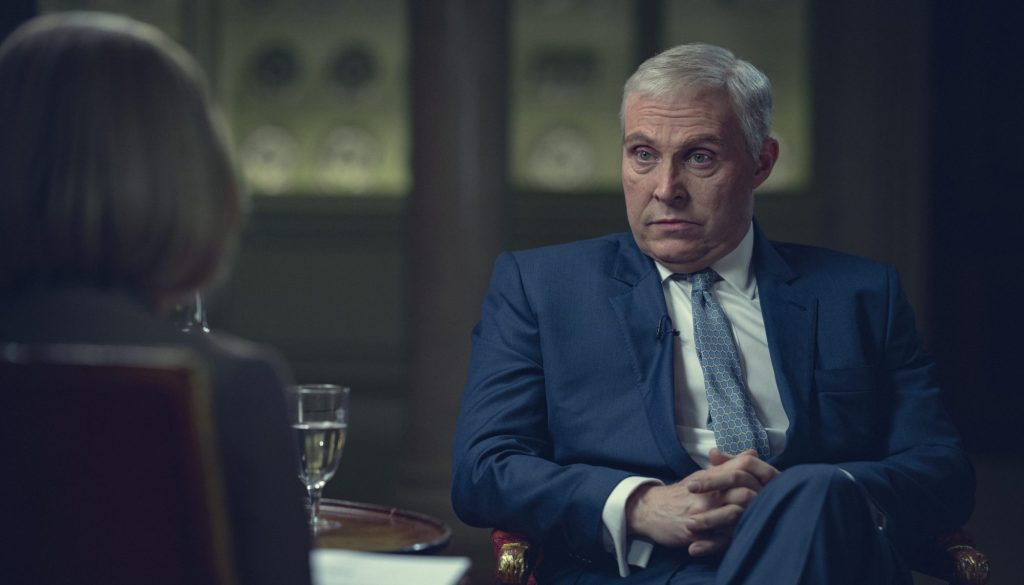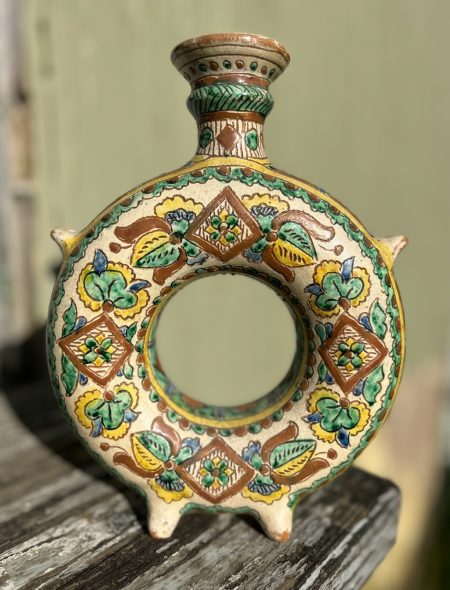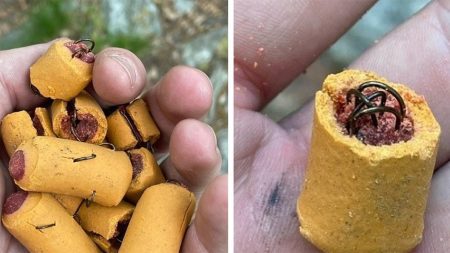In 2019, Prince Andrew participated in a one-on-one interview with the BBC program “Newsnight” to talk about his connections with Jeffrey Epstein, who had died in his jail cell three months earlier. The Netflix movie “Scoop” tells the story of how the now-famous interview happened. The TV appearance turned out to be a big problem for Andrew, and he stepped down from royal duties shortly after. Many viewers thought he did not convincingly deny the allegations against him or explain his friendship with Epstein, a convicted sex offender who was being held on sex trafficking charges at the time of his death.
It has been a tough year for the British monarchy and the communication teams that work to handle its messaging. This is just one more story that continues to be a problem, even though the royal family wishes it would go away. In 2022, Andrew agreed to a settlement of about £12 million with Virginia Giuffre, who claimed she was forced — through Epstein — to have sex with Andrew when she was a teenager. But it was the “Newsnight” interview that played a crucial role in forcing the institution’s hand: Andrew had become too much of a liability.
In theory, the behind-the-scenes negotiations led by Sam McAlister, the “Newsnight” producer who secured the interview (and would later write a book about it), should be interesting. But there’s not enough story to justify a movie-length depiction. It’s as if someone pitched this as the UK version of “She Said,” but none of it feels urgent or as high stakes as it should. Writing for Tatler ahead of the Netflix premiere, McAlister describes Andrew’s interview as a “masterclass in how to destroy your life.” If only the movie itself felt as dramatic as that description.
Maybe British audiences will gain something significant from this exercise — and interpret something that non-British audiences won’t — but either way, “Scoop” would have benefited from more careful examination of the nation’s strangely deferential relationship to its royal family, and why Andrew’s situation has been so uniquely strange. Think about this past weekend: Despite his supposed isolation, he was with his siblings this Easter, an annual tradition that is photographed and publicized and therefore serves as palace PR. What should we infer from that? Is it a shrug — or worse, a middle finger — to the film? To anyone who takes the allegations seriously?
A movie like “Scoop” raises as many questions as it tries to answer. Royals rarely agree to be questioned on camera. So why did Andrew — and why did Queen Elizabeth II allow it? Maybe it was arrogance. Here was a man who went through life seemingly without facing any consequences for his actions, and a powerful parent who enabled that. How dare the media remind people of those times he associated with Epstein? Surely his powers of persuasion would be enough to put this to rest once and for all. As depicted by Rufus Sewell, the voice is too pinched and high, but he’s convincingly sputtering and pompous and foolish. This isn’t a new insight, though.
As per “Scoop,” McAlister secures the interview by talking to Andrew’s top aide, warning her that staying silent about being friends with a pedophile won’t make people happy, regardless of who she is.
In the role of Sam, played by Billie Piper, the character seems out of place among her more upper-class colleagues at the BBC. However, the script lacks direct discussions about Britain’s class system and its impact on news coverage. The script is by Peter Moffat and Geoff Bussetil, with Moffat having done more incisive work in the past, particularly as the creator of “Silk,” a legal drama.
One major issue is that the characters are not interesting enough to drive the thin story, and the lack of intrigue becomes a prominent problem. The actual “Newsnight” interview, conducted by the determined Emily Maitlis (played by Gillian Anderson), is online in its entirety. Recreating it serves no purpose; it’s neither dramatically interesting, nor does it offer deeper insights into the media or the powerful people it covers.
Less than two months after the interview aired, it was reported revealed that Andrew’s aide had accepted an exit package “worth tens of thousands of pounds” (a detail not included here). McAlister, who has since left her job at the BBC, told told a British newspaper last year that she wrote the book, in part, because “if Netflix ever makes a future edition of ‘The Crown’ or a documentary on Prince Andrew, I want my role on the record.” According to that same story, her former colleagues are “quietly seething at what they perceive to be McAlister taking the lion’s share of credit.”
The recent piece in Tatler by McAlister highlights where the movie goes wrong. She writes, “Fifteen feet,” she writes. “That’s how far I was from the back of his chair. I could see the soles of his shoes (hardly scuffed), the back of his head (new haircut), the bottoms of his trousers (tailored to a perfect length), the jacket (ill-fitting, remarkably) and the nervous movement of his left foot as it tap-tap-tapped, over and over, against the ornate carpet on the floor. The chair itself was also ornate, but it seemed very small with Prince Andrew sitting in it, as he moved nervously from side to side, awaiting his fate.”
These details do not add up to anything more than mildly impressive and the ability to capture what “Newsnight” audiences already witnessed.
“Scoop” — 2 stars (out of 4)
Where to watch: Netflix
Nina Metz is a Chicago Tribune critic.









